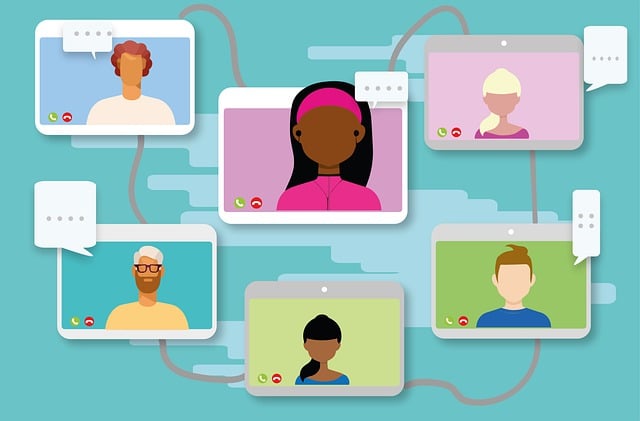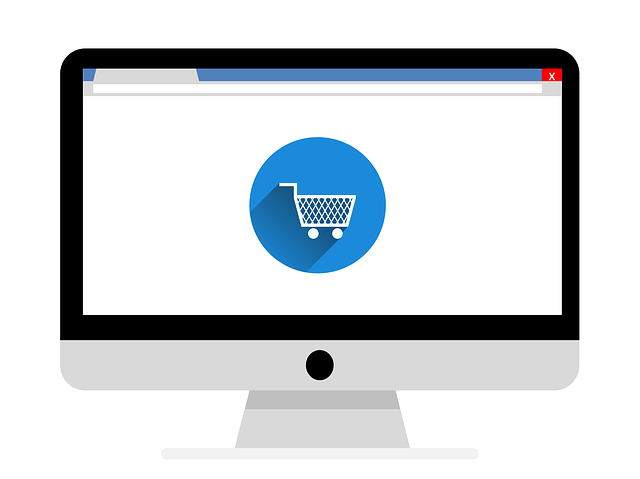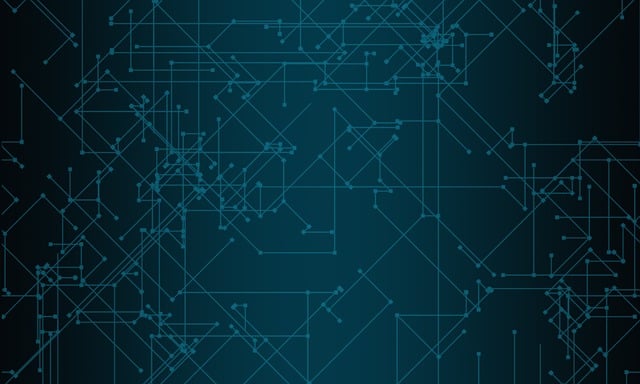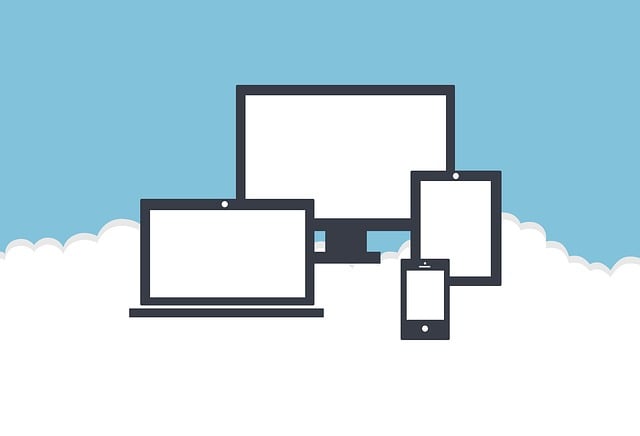Secure Browsing Essentials: Anonymizing Tools for Eco-Activists & Scientists

In today's digital landscape, where privacy is paramount, both environmental activists and music industry executives require a robust Private Internet Experience (PIE) to safeguard their sensitive work. A PIE platform is essential for these professionals as it offers encrypted activities, masked IP addresses, and protected identities, ensuring confidentiality for business dealings, negotiations, and communications. This platform is critical in the music industry for preserving the integrity of intellectual property and fostering a secure environment for innovation and collaboration. It also plays a vital role in maintaining the privacy of environmental research data, which is at risk from cyber threats. A reliable VPN with advanced encryption like AES-256, a strict no-logs policy, and high-speed servers is indispensable for maintaining anonymity and securing digital activities against surveillance and attacks. For those who share large datasets or work internationally, additional features such as unlimited bandwidth and support for protocols like OpenVPN or IKEv2 are crucial to maintain a seamless and private internet experience. The PIE platform thus stands as a cornerstone in protecting the sensitive data and activities of environmental activists, scientists, and music industry executives alike, in an age where online activities can be as revealing as physical ones.
In an era where online threats loom large, environmental activists and scientists alike are confronted with the need for robust digital security measures. As they delve into sensitive research or advocate for critical causes, their online presence is not just a target but a beacon that can attract unwanted attention. This article explores the significance of anonymizing browsers, particularly focusing on a Private Internet Experience tailored for music industry executives, and extends its insights to these vulnerable fields. We will navigate the best practices for maintaining privacy, understand the protective role of Virtual Private Networks (VPNs), and guide you through selecting a reliable VPN that caters specifically to the needs of environmental activists and scientists. Join us as we shed light on the imperative for anonymity in safeguarding both activism and scientific integrity online.
- Navigating Online Threats: The Imperative for Anonymity in Environmental Activism and Science
- Enhancing Digital Security: Best Practices for Browsing with Privacy Tools
- The Role of Virtual Private Networks (VPNs) in Protecting Sensitive Research Data
- Selecting a Reliable VPN: Features to Consider for Environmental Activists and Scientists
Navigating Online Threats: The Imperative for Anonymity in Environmental Activism and Science

In the digital age, environmental activists and scientists face a unique set of online threats that necessitate robust anonymity measures. The sensitive nature of their work often attracts unwanted attention from entities with vested interests in preserving the status quo. This heightened risk of surveillance, cyber-attacks, and data breaches underscores the importance of maintaining a private internet experience. Utilizing an anonymizing browser is not just a prudent security practice; it is an essential tool for safeguarding personal information and ensuring the integrity of their research and advocacy efforts. These tools encrypt online activities, mask IP addresses, and protect user identities, allowing activists and scientists to navigate the web securely, without fear of retribution or exploitation of their work. The private internet experience thus becomes a cornerstone for these professionals to collaborate, share data, and communicate effectively while maintaining the confidentiality that is critical to their cause.
The integration of anonymizing technology within the online activities of environmental activists and scientists also extends to other sectors where privacy is paramount, such as in the music industry. Executives in this field can greatly benefit from a private internet experience platform, which allows them to conduct business with confidence, knowing that their dealings, negotiations, and communications remain secure from prying eyes. By adopting anonymizing solutions, these executives can protect the creative processes and strategic discussions that are essential for innovation and growth within the industry. This level of security not only safeguards intellectual property but also fosters a more open environment for collaboration, ensuring that the music that reaches audiences is as pure and original as possible.
Enhancing Digital Security: Best Practices for Browsing with Privacy Tools

In an era where digital footprints can be as revealing as physical ones, environmental activists and scientists must navigate the internet with the utmost caution to protect their work, research, and personal information. A private internet experience is paramount in this context, and one of the best practices for ensuring such privacy is by utilizing specialized browsers designed for secure and anonymous browsing. These browsers offer robust security features that prevent tracking, fingerprinting, and eavesdropping, allowing users to engage with the digital world without exposing their identities or sensitive data. Employing end-to-end encryption, these tools mask IP addresses, leaving no traceable digital footprint. Additionally, activists and scientists can use privacy-focused search engines and avoid browser extensions that could compromise security. Regularly updating software to patch vulnerabilities is also a critical step in maintaining a private internet experience, as it protects against the latest threats. By integrating virtual private networks (VPNs) and ad blockers, users can further enhance their digital security posture, creating a layered defense that deters malicious actors from exploiting any potential weaknesses.
Furthermore, staying informed about the latest cybersecurity trends and threats is essential for maintaining a private internet experience, especially in industries like music where intellectual property is highly valuable. Privacy tools are not a one-time setup but require ongoing management to remain effective. Users should be aware of the digital landscape’s evolving nature and adapt their strategies accordingly. Educational resources and best practices should be sought out and followed diligently, ensuring that activists and scientists can safely access and share information without falling prey to surveillance or cyberattacks. The use of secure communication channels and anonymizing services for file sharing complements the browser’s privacy features, creating a comprehensive security approach for those who need it most.
The Role of Virtual Private Networks (VPNs) in Protecting Sensitive Research Data

In today’s digital age, environmental activists and scientists often handle sensitive research data that could be vulnerable to unauthorized access or cyber-attacks. This data, which may include location-specific ecological information, endangered species populations, or climate change patterns, is critical for conservation efforts and scientific research. A Private Internet Experience (PIE), as provided by robust Virtual Private Networks (VPNs), becomes indispensable in safeguarding this crucial information. VPNs create a secure and encrypted connection between the user’s device and the internet, effectively shielding data from interception or eavesdropping. By using advanced encryption protocols, VPNs ensure that the sensitive data remains private, even when transmitted over public networks. This is particularly important for researchers who often need to collaborate with colleagues worldwide, where the risk of data breaches can be higher. The use of a reliable VPN not only enhances the security of the research data but also allows scientists and activists to operate anonymously, protecting their identities and the confidentiality of their work from potential threats. This is crucial in environments where political or corporate interests might seek to undermine or manipulate scientific findings for their own benefit. Consequently, a Private Internet Experience facilitated by VPNs becomes a cornerstone of digital security for environmental activists and scientists, enabling them to focus on their research without the looming threat of data compromise.
Selecting a Reliable VPN: Features to Consider for Environmental Activists and Scientists

When environmental activists and scientists delve into online activities, maintaining privacy and security is paramount, especially when sensitive information or data collection is involved. Selecting a reliable Virtual Private Network (VPN) becomes an essential task to ensure that their digital footprints remain concealed. A VPN that offers a private internet experience tailored for high-stakes environments like the music industry can also be invaluable for these professionals. Key features to consider when choosing a VPN include a robust encryption protocol, such as AES-256, to safeguard data against unauthorized access. Additionally, a no-logs policy ensures that the VPN provider does not keep records that could compromise users’ identities or intentions.
Reliability in terms of server stability and speed is crucial; frequent disconnections or slow bandwidth can hinder critical research or activism efforts. A wide network of servers across various regions enables users to connect to less censored networks, which is particularly beneficial when international collaboration is necessary. Features like a kill switch, which immediately cuts off internet access if the VPN connection drops, prevent data exposure during moments of disconnection. Furthermore, for environmental scientists and activists who often share large datasets or engage in online collaboration, a VPN with unlimited bandwidth and robust support for various protocols, such as OpenVPN or IKEv2, is indispensable. These considerations collectively contribute to a private internet experience that aligns with the needs of environmental activists and scientists, safeguarding their digital activities just as effectively as it would for music industry executives concerned with protecting their intellectual property and creative processes.
In an era where online threats loom over the digital footprints of environmental activists and scientists, adopting a Private Internet Experience (PIE) is not just a preference but a necessity. The article has underscored the critical importance of anonymizing browsers, enhancing digital security measures, and leveraging Virtual Private Networks (VPNs) to safeguard sensitive research data and personal information. By implementing best practices for privacy tools, these professionals can navigate the web with greater confidence, knowing their online activities are shielded from prying eyes. The key takeaway is that a reliable VPN, tailored for the unique needs of environmental activists and scientists, forms the backbone of a robust security strategy, ensuring that their invaluable contributions to our planet’s well-being are not compromised.




































